Smith-Madrone co-owner Stu Smith said his mountainside winery thrives partially because of what it does well, but also because its owners have accepted what it doesn’t.
The winery located on top of Spring Mountain in the Napa Valley makes its wines from estate vineyards that are primary dry-farmed on steep mountainsides at elevations between 1,300-2,000 feet, and Cabernet Sauvignon, Riesling, Merlot, Cabernet Franc, Petit Verdot and Chardonnay are among the 3,000-4,000 cases the winery produces each year.
But what it notably doesn’t produce is Pinot Noir — a popular moneymaker for California wineries.
Accepting Limitations
Pinot Noir wasn’t a fit for Stu and his brother, Charlie. While some winemakers force that varietal to grow regardless of whether conditions are ideal, they drew a line in the soil and decided they’d leave the popular varietal to other winemakers after years of trying and getting nowhere.
“When I first ordered the vines, I ordered the four most important varietals,” Smith said. “Cabernet Sauvignon, Pinot Noir, Chardonnay and Riesling. Being Americans, we were arrogant and thought we could do all of these very well. We got our lunch handed to us with the Pinot Noir. We tried very hard for 11 years and said no.
“Pinot may well be the dark side of the wine business. You need to have an awful lot of money to make a go of it. This doesn’t mean I don’t like Pinot Noir. I do. I love great Pinot Noir, but you only have a couple of great Pinot Noirs in your life.”
Listen To Your Crew
Owners should listen to the experienced vineyard managers they hire, Stu cautioned, using Cabernet Sauvignon — another popular Napa Valley grape — as an example.
“Having to grow Cab because you’re in Napa Valley is a mindset that is getting people into trouble,” he said. “Not all of the soil in Napa is suitable for Cab, but Mr. and Mrs. Gotrocks who sold their widget company in Silicon Valley tell their vineyard manager they’re planting Cab. And the vineyard manager says, we can do that, but it’s not going to be very good Cabernet. It’s not going to be what you think.
“They say, if it’s good enough for Robert Mondavi, then it’s good enough for me. So the vineyard manager does what they’re told and they plant the grapes on soil that has no business growing Cabernet.”

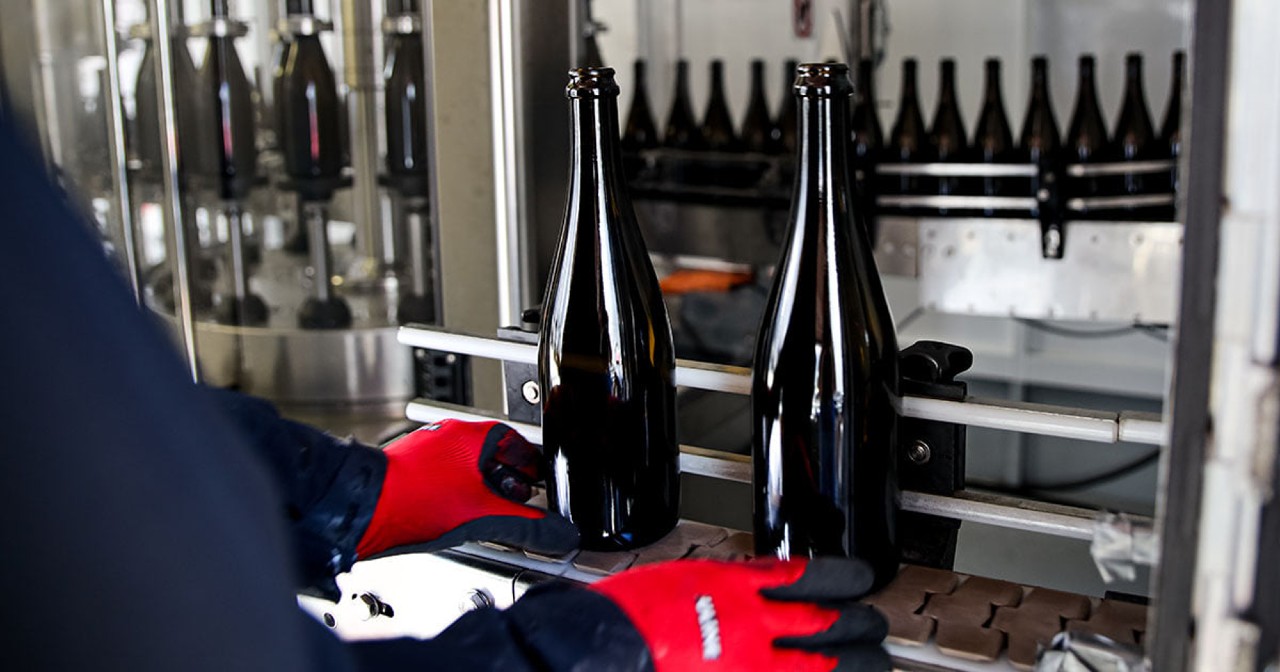
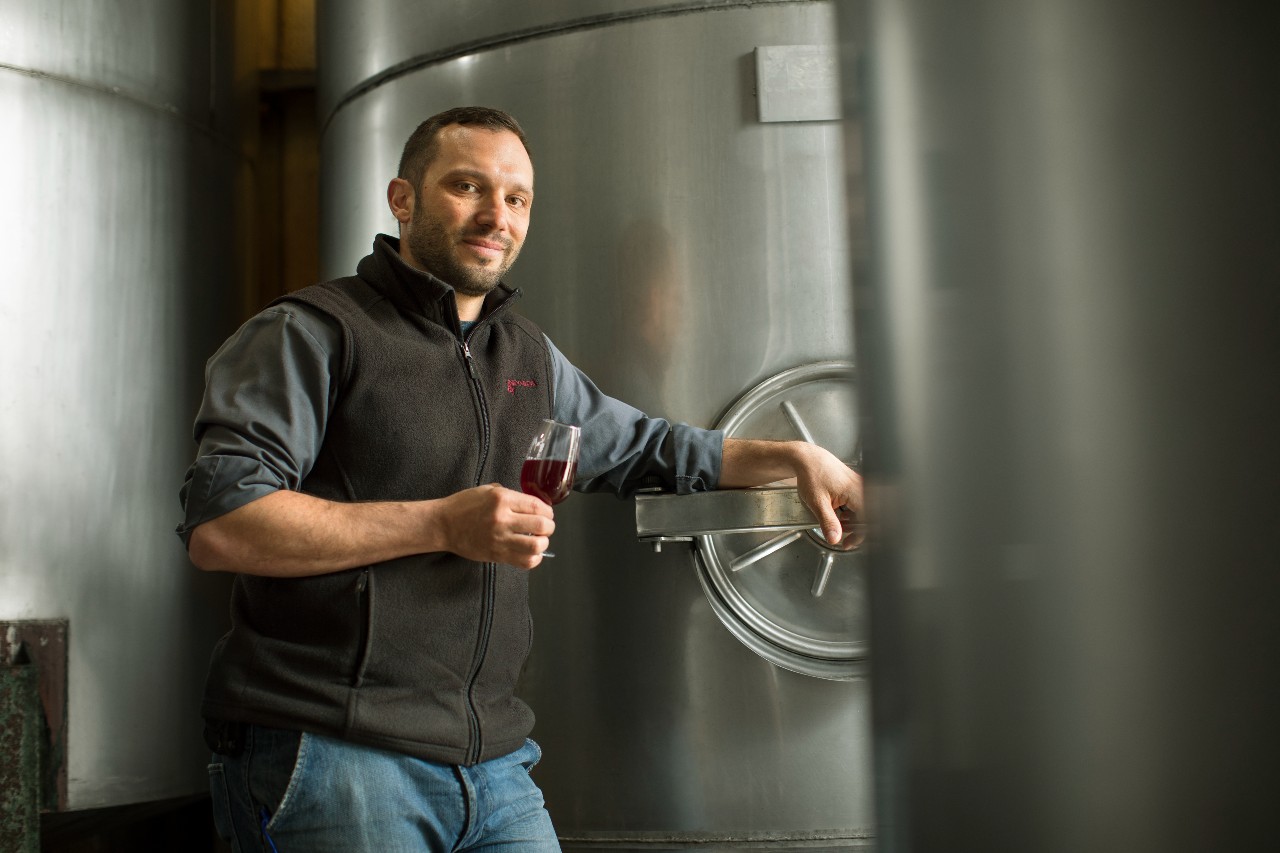
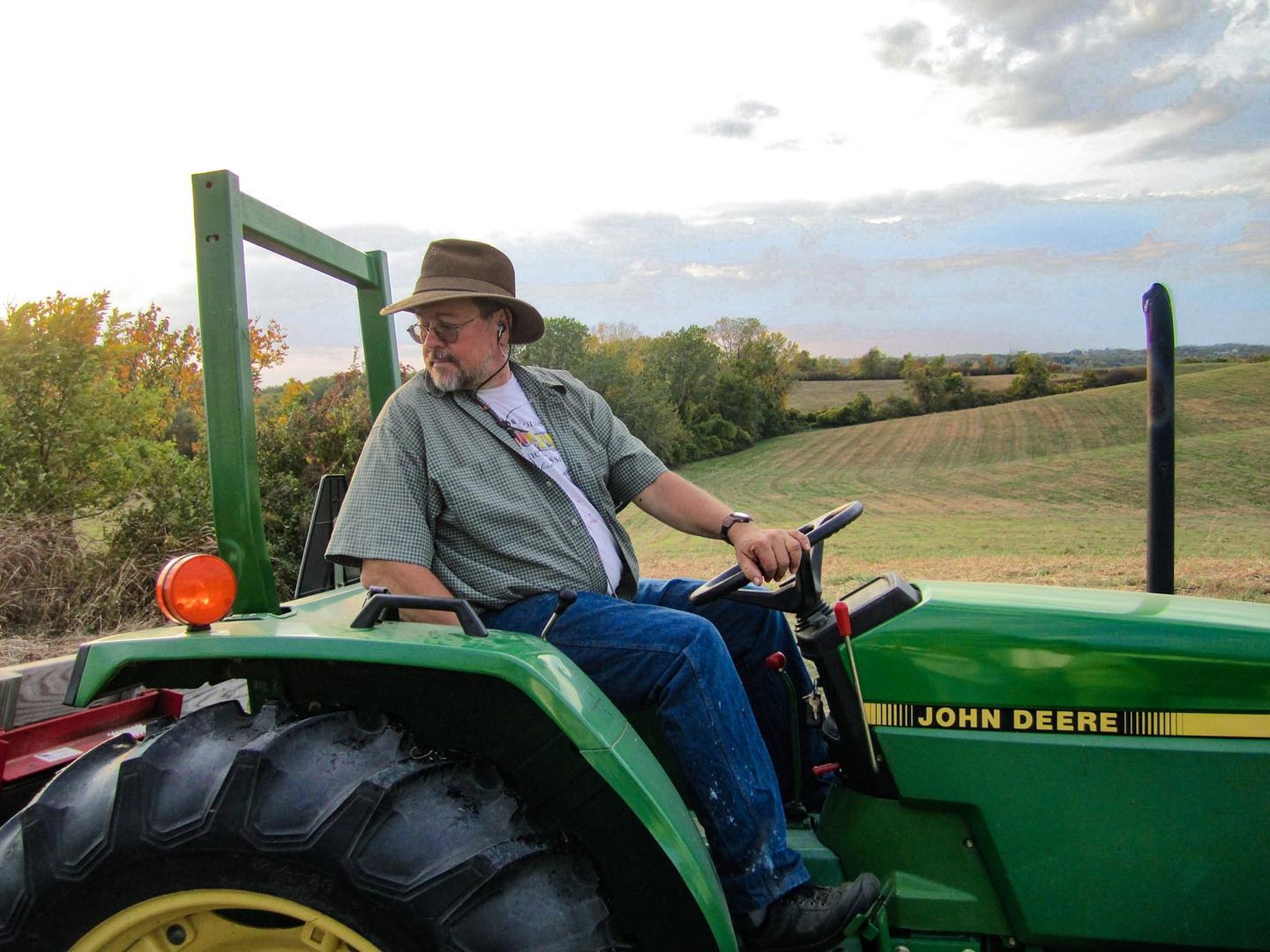
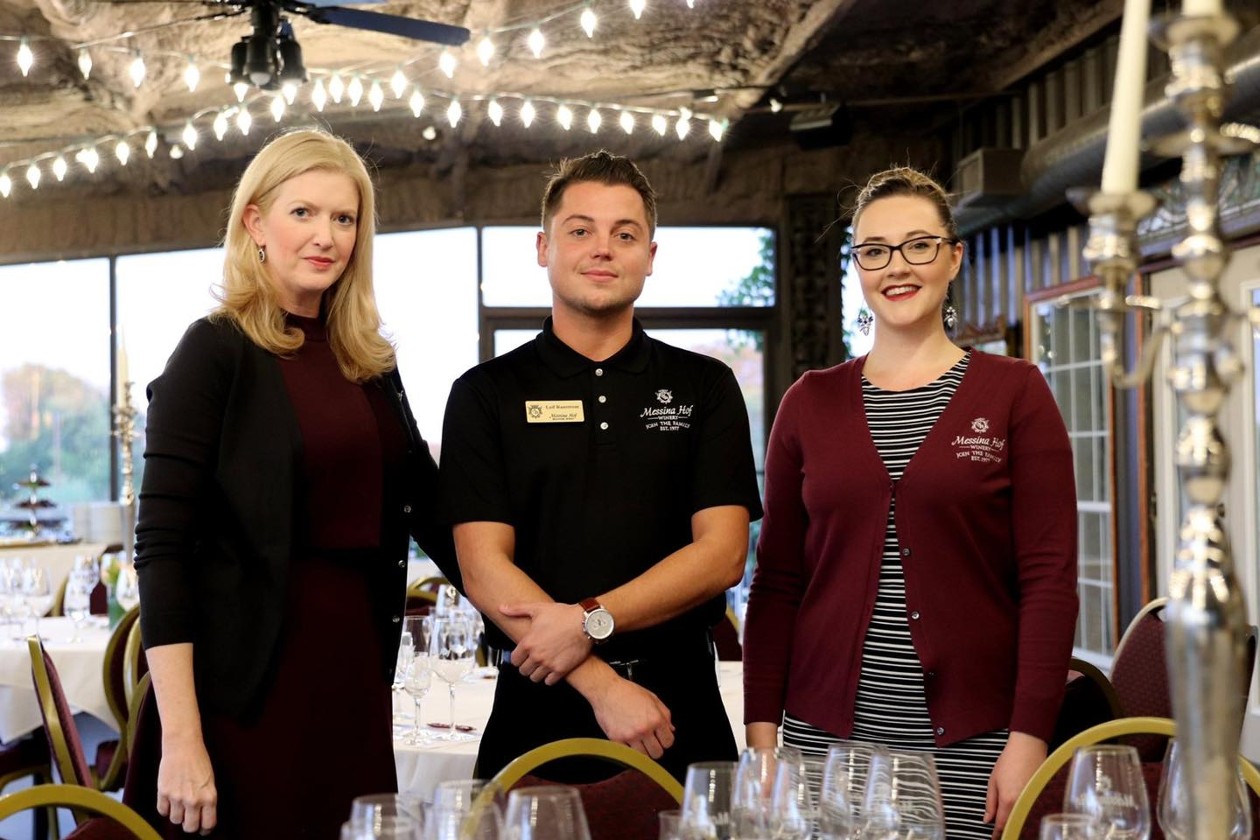
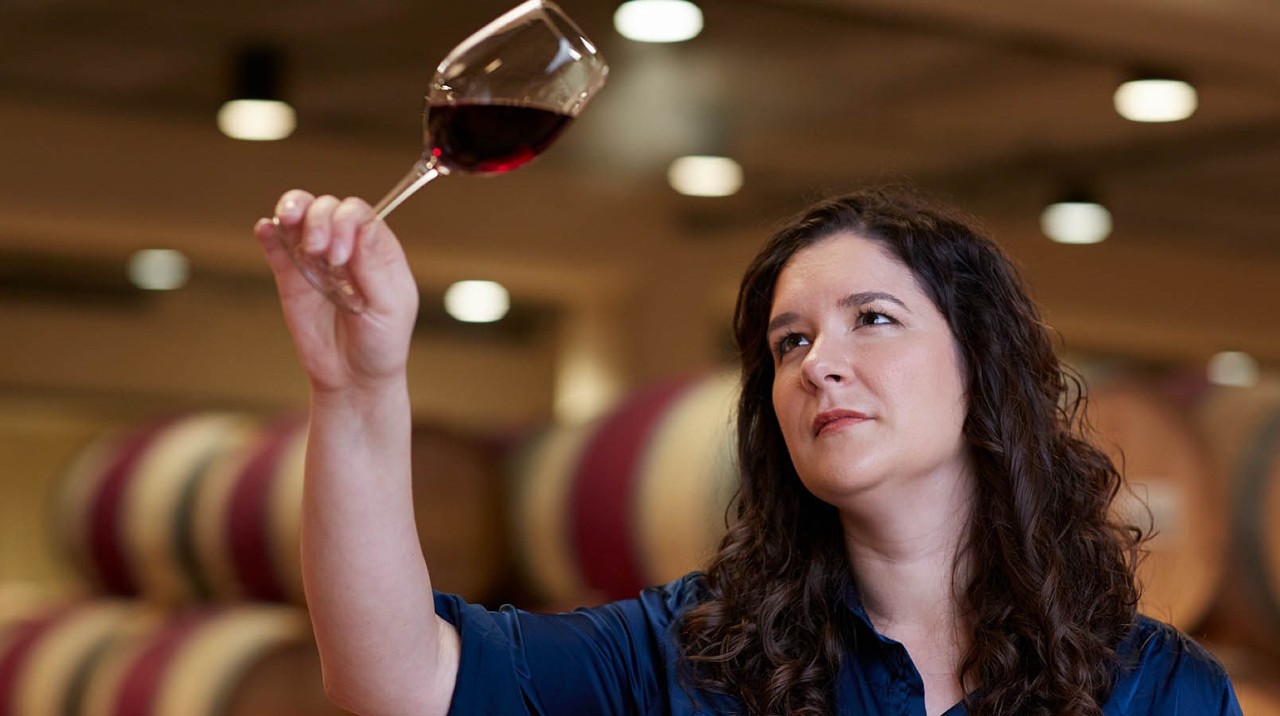


Be the first to comment